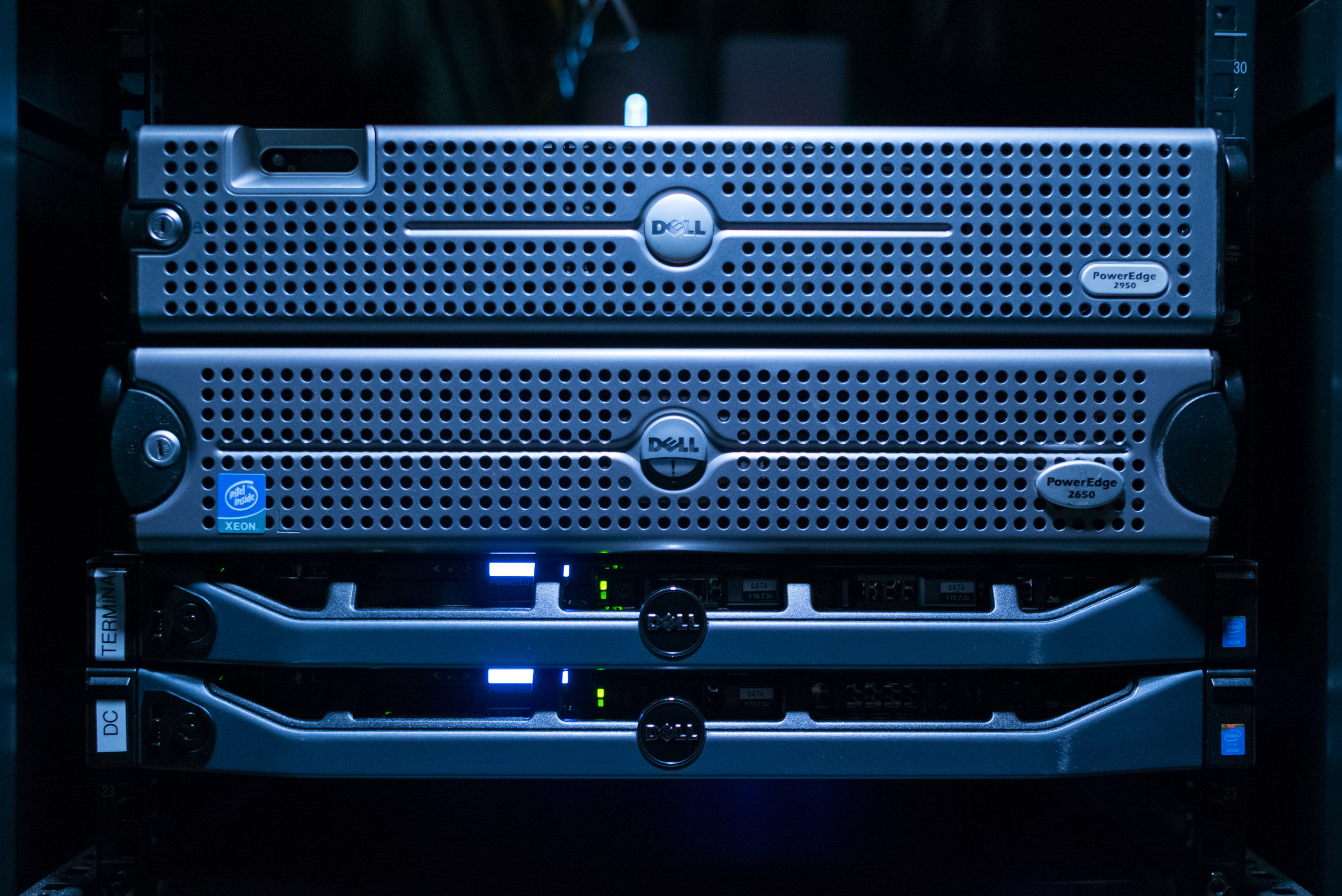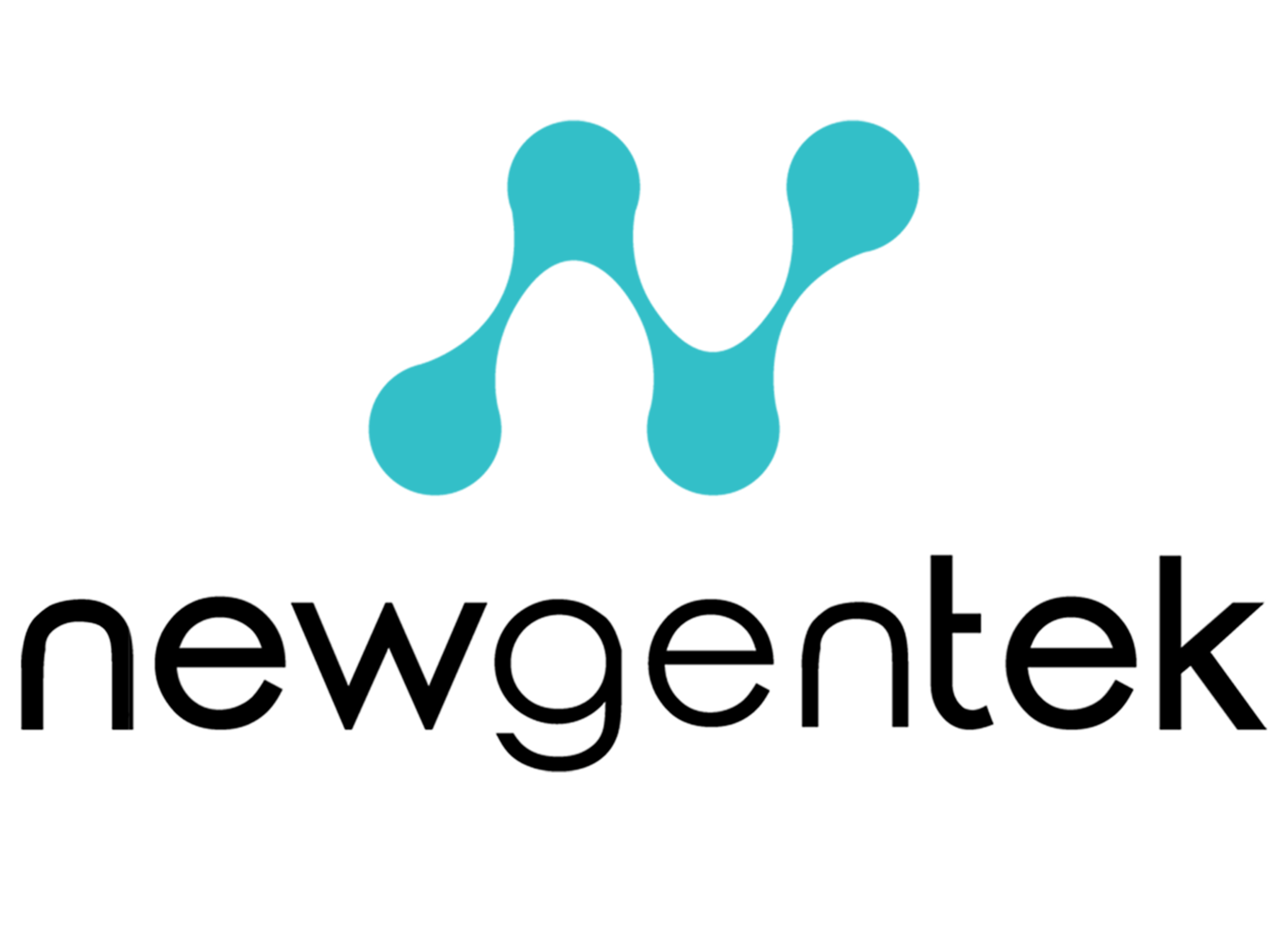
NEWGENTEK BLOG
Managed Services - Workplace Technology - Outsourced IT Support
Grub Burger Bar has chosen Newgentek as their Outsourced IT Partner and AV Integrator
With this partnership, Newgentek plans to take a consultative approach to deliver best-in-class help desk support, while utilizing years of expertise
Grub Burger Bar has chosen Newgentek as their new outsourced IT Partner and AV Integrator. With this partnership, Newgentek plans to take a consultative approach to deliver best-in-class help desk support, while utilizing years of expertise in the restaurant industry to standardize Grub’s IT and AV infrastructure across the Grub Burger brand.
Grub Burger Bar (founded by Jimmy Loup and started in College Station, Texas, in 2012) is an elevated, fast-casual restaurant with a scratch kitchen. Grub offers burgers, bowls, sandwiches, wings and a full bar at every location. They have 23 locations across the U.S. and have continued expansion plans. Newgentek will not only be providing their current locations with help desk support, but will also be installing their complete IT and Audio Visual stack at future locations.
Chon Nguyen, Founder of Newgentek, commented on the new partnership. “I’ve worked with Grub Burger Bar for almost four years. They were an early customer of my software company Fusionprep, which is a digital kitchen solution and recipe management tool. It’s been exciting to watch Grub’s seasoned restaurant professionals grow the brand with a commitment to Extraordinary food and hospitality. They have an incredible culture and have been an absolute pleasure to work with from a vendor’s perspective. I look forward to the expanded partnership and providing world-class IT and infrastructure services to their operators so they can focus on providing excellent hospitality to their customers”
“We are excited that Grub Burger Bar has selected Newgentek as their technology solutions provider. Our focus is to provide a consultative approach to technology through excellent customer service, while allowing Grub to focus on their clients’ restaurant experience” said Jared Lederhandler, President of Newgentek
Jimmy Loup, Founder & CEO of Grub Burger Bar providing the following comment. “I am excited to partner with a technology company that understands the fast-paced and rough environment in which our Operators work every day. Newgentek's knowledge of restaurants and their willingness to proactively search for solutions that improve customer experience and reduce complexity for our front-line employees was the deciding factor in moving forward with them. Grub is eager to see our companies grow together.”
About Grub Burger Bar:
Grub Burger Bar is a scratch kitchen offering eclectic burgers, bowls, sandwiches, wings and a full bar. Grub aims to provide an extraordinary experience to each and every guest, from the menu offerings to the service provided. Community involvement and philanthropy are integral parts of the brand’s foundation. Grub Burger Bar currently has locations in Texas, California, Georgia, Louisiana, Pennsylvania, Delaware and Florida. Visit grubburgerbar.com for more information.
Considering Technology in the Site-Selection Process
If you’re a multi-site operator in the throes of opening a new restaurant or retail location, technology is likely not the first consideration weighing on your mind.
If you’re a multi-site operator in the throes of opening a new restaurant or retail location, technology is likely not the first consideration weighing on your mind. In today’s cloud-driven business environment and with consumers increasingly demanding WiFi connectivity from the businesses they frequent, the digital infrastructure of a potential site for a hospitality business matters more than ever before. While assessing a location for compatibility with your business requires careful planning, a strategic partnership with the right vendor can make the process painless. Here are some tips for assessing site infrastructure:
Survey Potential Locations
Begin evaluating the infrastructure of a location of interest for your new site during the earliest stages of site selection. Plan for your technology with an eye toward future growth, much as you would when choosing the size of the location. To avoid costly roadblocks to future technology initiatives, savvy operators rely on an experienced partner to conduct a site-survey to evaluate available internet service providers (ISP’s).
Consider Bandwidth Needs
Ideally, you want to choose a location with multiple ISP’s capable of delivering the bandwidth and telecom services needed to keep complex technical systems running without a hiccup. As you adopt VOIP phones or cloud-based technology, this data connection serves as the backbone of your operation – speed and reliability are critical.
Rethink Guest WiFi
A recent University of South Florida study determined that 70% of patrons prefer restaurants or retail locations with WiFi hotspots. The study also noted a correlation between offering WiFi and a customer’s probability of becoming a loyal customer. Even if you don’t provide WiFi for customers today, select an ISP that can scale up your bandwidth in the future as your needs grow.
Include IT and Development
Share the results of this survey with your IT or third-party development team to ensure the ISP meets current and future requirements. Looping in your tech team helps avoid expensive and unexpected retrofitting costs as you roll out future technology solutions. Keep in mind that most modern point-of-sale systems, especially those with built-in loyalty program management, require a reliable high-speed connection.
Plan for Redundancy
Operators of multi-unit businesses with a high-volume of transactions should pay careful attention to redundancy and continuity plans. According to the independent technology research organization, Standish Group, every minute of POS downtime costs retailers an average of $4,700. Fortunately, modern cellular networks mean the cost of redundancy is usually affordable, even for small and mid-size operations. When conducting site surveys, we test for cellular connectivity to ensure the integrity of contingency options. Deploying redundant 4G cellular failover solutions keeps your business processing credit transactions, gift cards, and loyalty programs in the event of a network outage with the primary ISP.
The easiest way to simplify the site-selection process is to develop a detailed list of requirements, which should include network availability, bandwidth and cellular connectivity. Planning for your technology growth up-front enables you to avoid significant or costly roadblocks when it comes time to implement new technology solutions in the future. Opening a new restaurant or retail location is complex enough. That’s why it’s important to find a partner who understands the unique challenges of multi-unit brands and can help you plan for the future.
Contact us today to learn how we can help you plan and execute your IT infrastructure and technology goals.
Designing a Fail-Proof Business - Redundancy and Business Continuity
Although we live in an age where access to the internet is becoming easier and more reliable, it is never guaranteed that our internet connectivity technology will always work perfectly.
Although we live in an age where access to the internet is becoming easier and more reliable, it is never guaranteed that our internet connectivity technology will always work perfectly. Operating a business with multiple sites, whether restaurant or retail, it is one of the critical functions that you need to do business and provide a seamless experience for your customer. Whether it be that ice storm that sweeps through the country, or your cable provider isn’t quite doing their job, you can probably expect your internet access to fail at some point in your restaurant’s lifetime. Planning ahead and having a business continuity plan is extremely important.
When something unexpected happens, if you don’t have a strategy in place to back up your current network, your operations could be in complete disarray. What does it look like when your staff’s handhelds or your point-of-sale systems suddenly don’t have that ubiquitous connectivity that they are used to? Imagine writing down credit card numbers manually on a pad for each customer order. Imagine no music for the customers and just an echo of voices flooding through your establishment. Imagine having to keep track of table vacancies and logging shifts manually.
It would be a disaster. But luckily there are ways to support your operational systems and keep them up and running when your local network shuts down.
Running Your Business Offline
The first step is making sure as many of your critical applications are able to run offline as possible. If your company is streaming music for your customers, you may be at the mercy of the amount of bandwidth available to your network. You are also very dependant on network reliability, and we all know that some of the most reliable enterprise-grade WiFi systems go down from time to time.
But music streaming apps today have made it much easier to compile playlists for offline listening. Top music streaming applications like My Instore Radio, Spotify, Google Play, and Apple Music not only offer the ability to download custom-made playlists within seconds, but also have thousands of pre-organized playlists for you to tailor to whatever crowd you are bringing to your store or restaurant. Having an offline music application is also one way to ensure your customers have the same experience every time.
So, as a multi-unit operator, taking inventory of the applications that you can run offline is your first step in your business continuity plan.
A Backup Plan - Have a Redundant Network
So you have moved most of your business applications offline. Great! But the reality is that you will still need internet access for some of your most critical store-operating functions in times when your main network isn’t accessible. What is a restaurant operator to do when your business is at peak operating hours, and your network goes down? How will you run credit cards, gift and loyalty cards and keep business running smoothly?
This is where choosing the right solution for failover connectivity is crucial to your bottom line. Having a failover system implemented that automates the switch from your main network to a 4G network will not only give you 100% reliability, but it also gives you peace of mind when it comes to having stable access to the internet. It will also save you tens of thousands of dollars in revenue in the long run. Losing sales because your internet is down isn’t an option in today’s world of intense competition.
Partner with an Experienced Vendor
The only thing left to do is to implement these systems. We work with companies like Cradlepoint that develop solutions which integrate seamlessly with your network infrastructure. We project plan, design and implement these solutions nationally for our multi-unit customers, always keeping in mind what their business goals are and how we can make life easier for them.
As a multi-unit restaurant or retail operator, there is enough stress with the nature of the business. Added stress due to unforeseen network outages can and should be avoided with a clear redundancy and business continuity plan. In order to ensure success with every store opening and with the restaurant technology and retail technology available today, are you using all of the tools that are at your disposal to have fail-proof systems? Planning ahead for worst case scenarios is how businesses keep a competitive edge and succeed, allowing your business to grow with no setbacks.

